China’s Foreign Minister Wang Yi calls for cooperation amid growing world tensions
- Wide-ranging press conference covers relations with US as well as India-Pakistan relations, North Korea and other hot-button issues
- Progress promised on South China Sea code of conduct

Chinese Foreign Minister Wang Yi fielded nearly 20 questions on a wide range of topics during his annual press conference on the sidelines of the National People’s Congress on Friday, including China’s relations with major powers and neighbouring countries, and diplomacy in a rapidly changing world order filled with growing tensions and uncertainties.
In the two-hour briefing, Wang tried to put a positive spin on China’s deteriorating ties with the United States amid the protracted trade war and the escalating tussle over Chinese tech giant Huawei.
He hailed China’s relations with Russia, Japan, India, North Korea and Southeast Asian nations.
Wang also sought to play down growing international concerns over China’s “Belt and Road Initiative”, Beijing’s expanding footprint in Africa, the Middle East and Latin America, as well as the increasingly assertive posture of Chinese diplomats around the world.
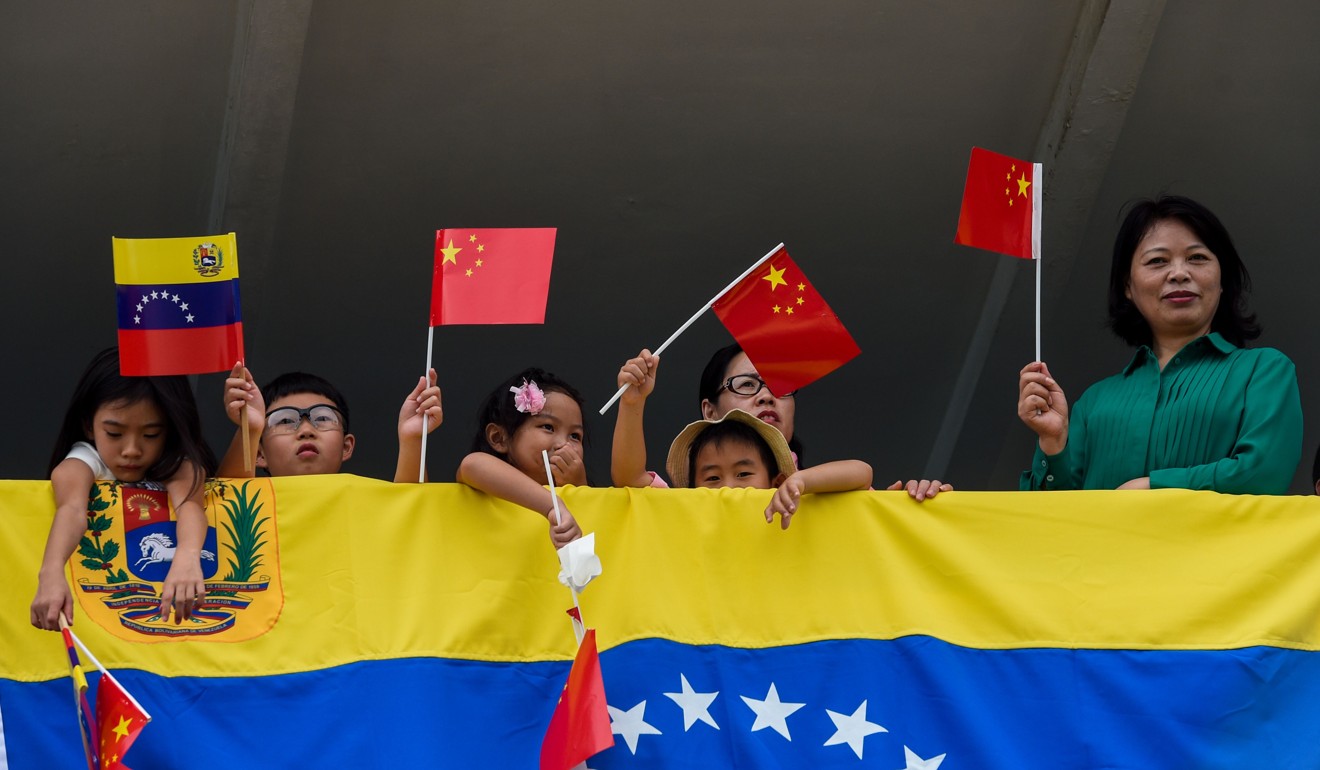
He also touched on last month’s failed US-North Korea summit, flaring tensions between India and Pakistan, the ongoing talks with neighbouring countries over the South China Sea dispute, and the deteriorating situation in Venezuela.
Here are the key takeaways:
On China-US relations: stick to the path of cooperation with the US, and the two nations will not be locked in confrontation
Wang dismissed the rising calls in Washington for economic and trade disengagement from Beijing amid frustrations among American political and think tank elites that decades-long economic, social and cultural engagement policies have failed to transform China into a liberal democracy.
“Decoupling is apparently unrealistic. Decoupling from China means to decouple from opportunities, the future and even the world,” he said.
Wang admitted that China-US relations had faced a set of new and mounting challenges over the past two years, a move he said was “contrary to the historical trend”.
January marked the 40th anniversary of the normalisation of diplomatic ties between China and the US, but there were no major celebrations. Instead, both sides were in a sour mood over their unfolding rivalry, which some experts in Beijing and Washington say could slide further towards conflict and confrontation.
Last month, a group of some 20 leading American experts on China issued a new report warning bilateral ties were on a collision course as a result of Beijing’s diplomatic ambitions and oppressive domestic policies, as well as US President Donald Trump’s hardline approach on China. Trump has billed Beijing as a national security threat and one of his country’s biggest adversaries.
Wang said the most important lesson from the past 40 years of the China-US relationship was that both countries stood to gain from cooperation and lose from confrontation.
He called on Washington to give up its zero-sum and cold war mentality and to work with Beijing towards healthy competition. Wang said he remained hopeful about the prospect of bilateral ties, despite the many challenges and difficulties.
He said the months-long trade war talks had made substantial progress and cited the negotiations as a positive example for both sides on forging ties in the future.
On North Korea talks: the North Korea nuclear issue will not be resolved overnight
Despite the failure of last month’s summit between Trump and North Korean leader Kim Jong-un in Hanoi to reach any agreement, Wang hailed their second face-to-face meeting within a year as a moderate success.
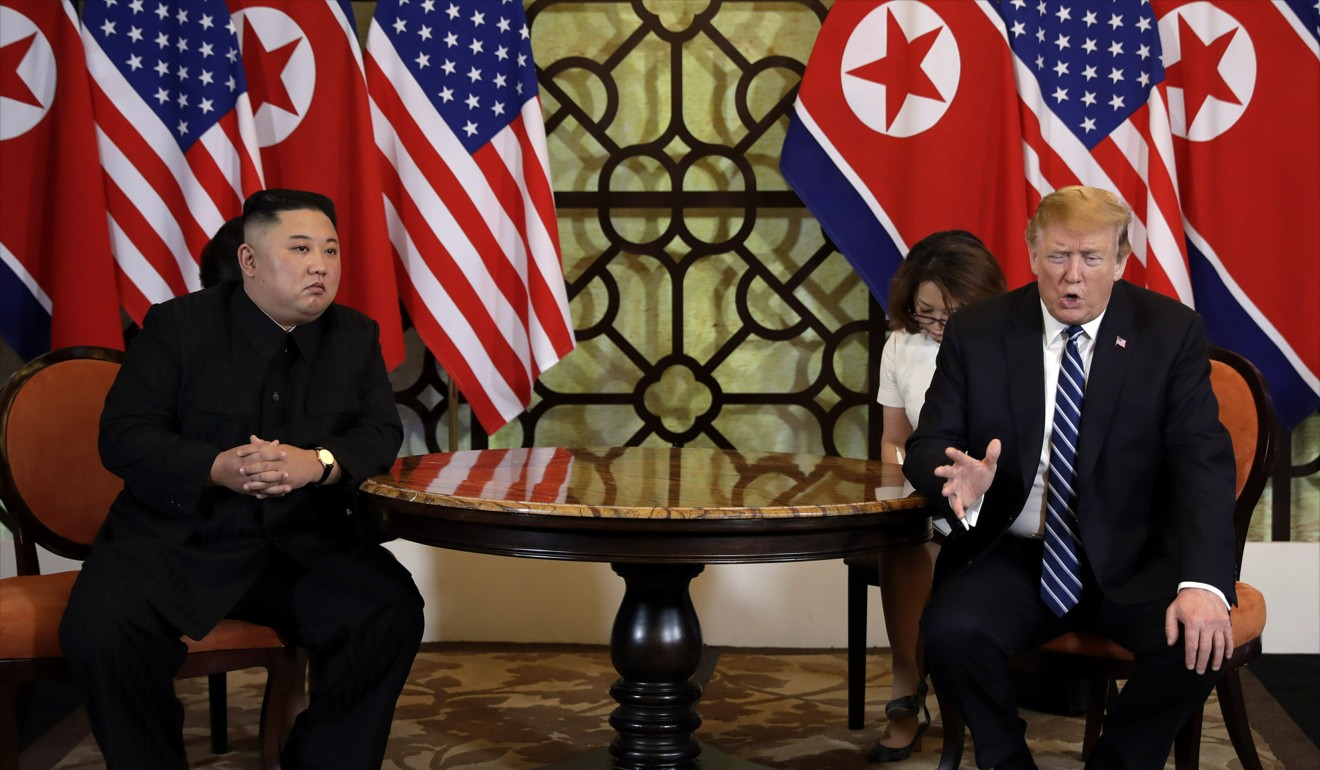
Calling for patience, Wang said denuclearisation of the Korean peninsula would not happen overnight. “All parties should have reasonable expectations. We should not set a threshold too high, nor should we unilaterally impose unrealistic demands,” he said.
Wang also called for all parties to “break the cycle of mistrust”, and to set up a road map for both North Korea and the US to act “in a synchronised approach”, starting with goals that would be easier to achieve.
“China’s role has been irreplaceable,” Wang said, when asked about developments on the Korean peninsula, adding that China would continue to work with all sides to achieve the goal of denuclearisation.
Wang said China-North Korea ties would not be affected by “temporary incidents”, and that China fully supported Pyongyang’s desire to explore a path suitable to its own development and to pursue a new national strategy focusing more on economic development.
He said Beijing would also support North Korea’s “legitimate concerns addressed in the process” of denuclearisation talks with the US.
On criticism over the belt and road strategy: the second “Belt and Road Initiative” summit will be held late next month in Beijing
Wang confirmed that Chinese President Xi Jinping would deliver a keynote speech at the next belt and road forum to be held in Beijing in late April. He said the summit would be even bigger than the inaugural one two years ago, both in terms of the number of attending heads of state and the thousands of representatives expected from more than 100 countries.
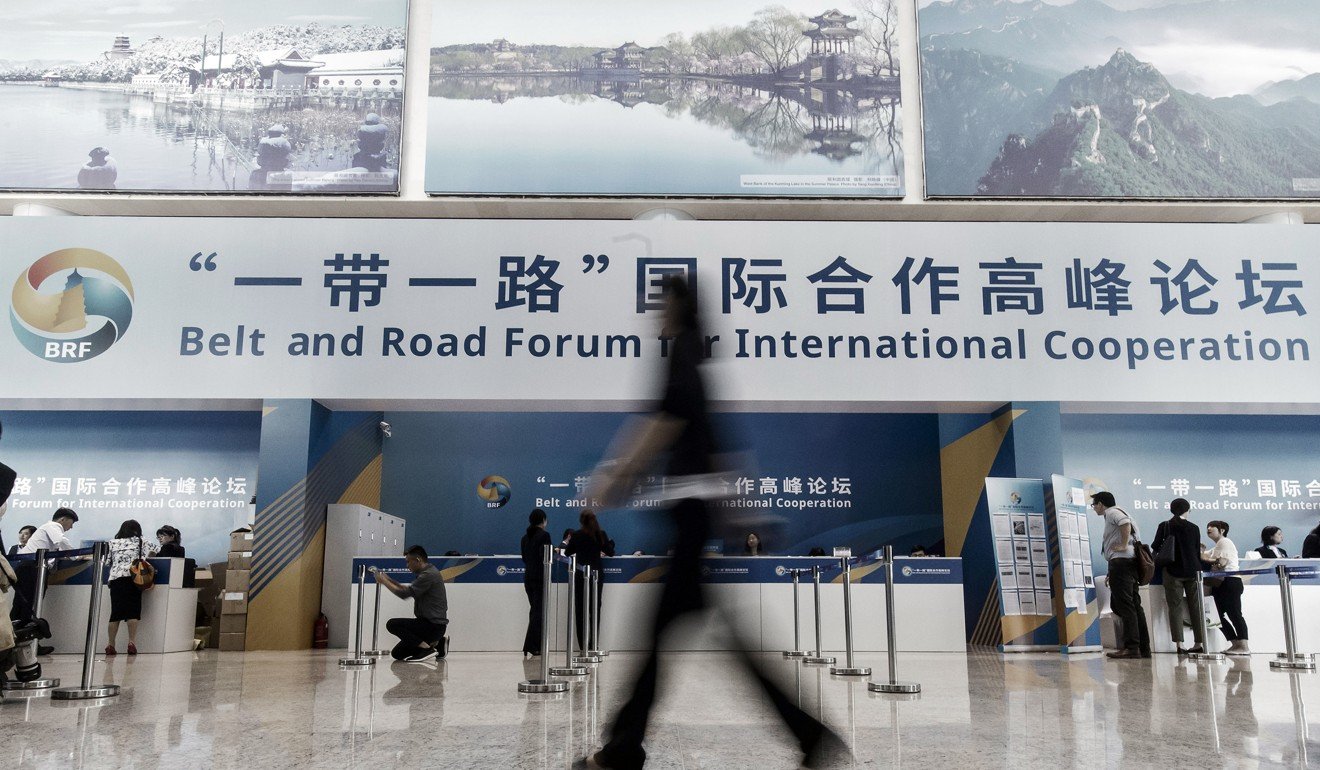
This year’s event would have a specific focus on the business community, Wang said, adding that China would work with different countries to create a new batch of key projects and to enhance the compatibility in strategies between China and its partnering countries.
Asked about international criticism of the scheme, which is Xi’s signature initiative, Wang dismissed allegations that it was intended to be a debt trap and a geopolitical tool for China. Instead, he said, the belt and road strategy was an opportunity for economic development and improvements to people’s lives.
Wang said China would take an “open, transparent and inclusive” approach going forward. Responding to a state media question portraying China as a champion of multilateralism, Wang said China would continue to “uphold the banner of multilateralism”, as well as promote green and sustainable development and pay more attention to ordinary people’s lives with its projects.
On the India-Pakistan crisis: India and Pakistan should to seek long-term improvement in their relations
When asked about the ongoing crisis between India and Pakistan, Wang urged both countries to exercise restraint and to resolve disputes through dialogue.
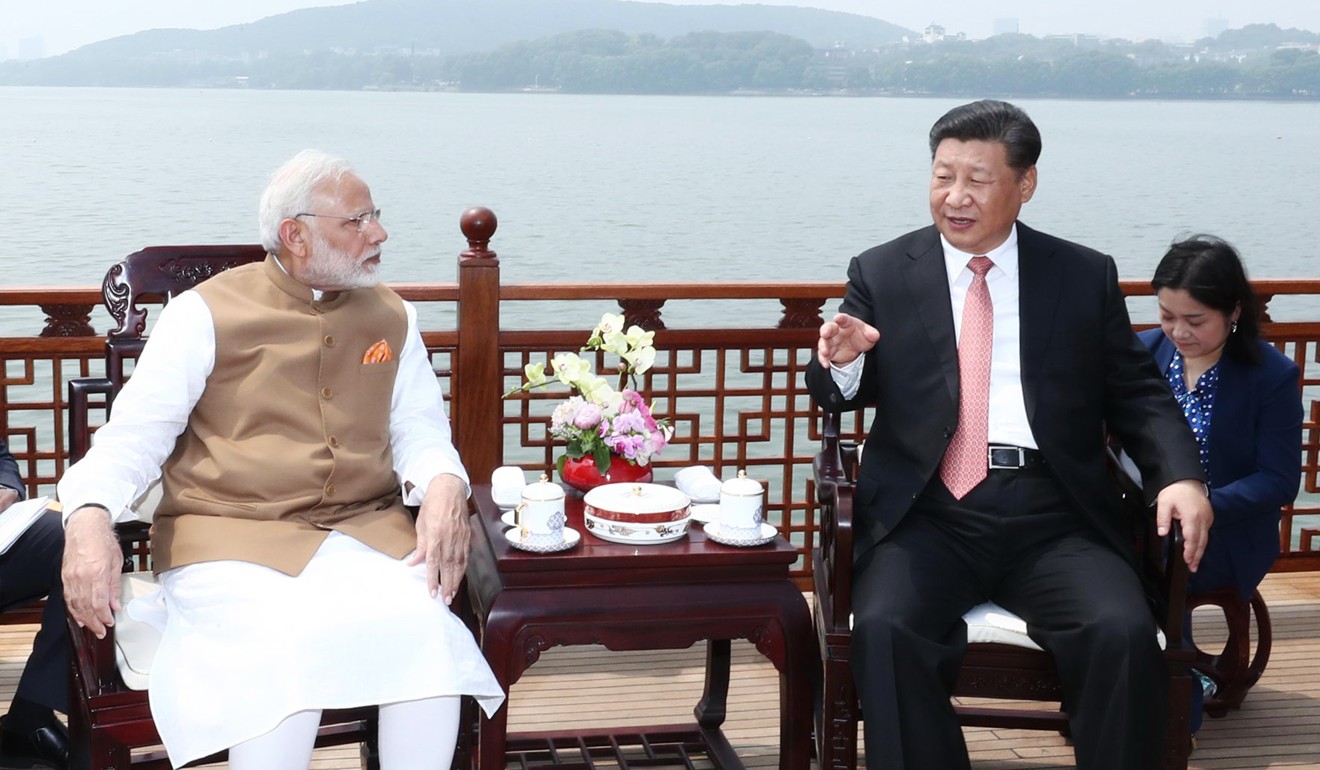
He said China had played a constructive role in diffusing the tensions between India and Pakistan, and that China welcomed their recent determination to de-escalate the situation and start talks. “We hope the two countries can get along and progress together. We advise both parties to seek fundamental and long-term improvements to their relations,” Wang said.
When asked about China’s relations with India, Wang said the two Asian giants should be partners. Last year’s historic summit between Xi and Indian Prime Minister Narendra Modi in Wuhan had set “a model for high-level interactions” and for the direction for future cooperation.
As the world’s two biggest developing countries, with a combined population of 2.7 billion, Wang said the two countries should be partners in realising their respective dreams and in boosting their respective development, as well as contributing to “Asia’s revitalisation and prosperity”.
Wang also called for the two countries to strengthen cooperation in different sectors and advance people-to-people ties.
On the South China Sea disputes: seriousness and commitment and a warning against external interference
Wang reiterated China’s “seriousness and commitment” to the completion of negotiations with Asean for a code of conduct (COC) in the South China Sea before 2021.
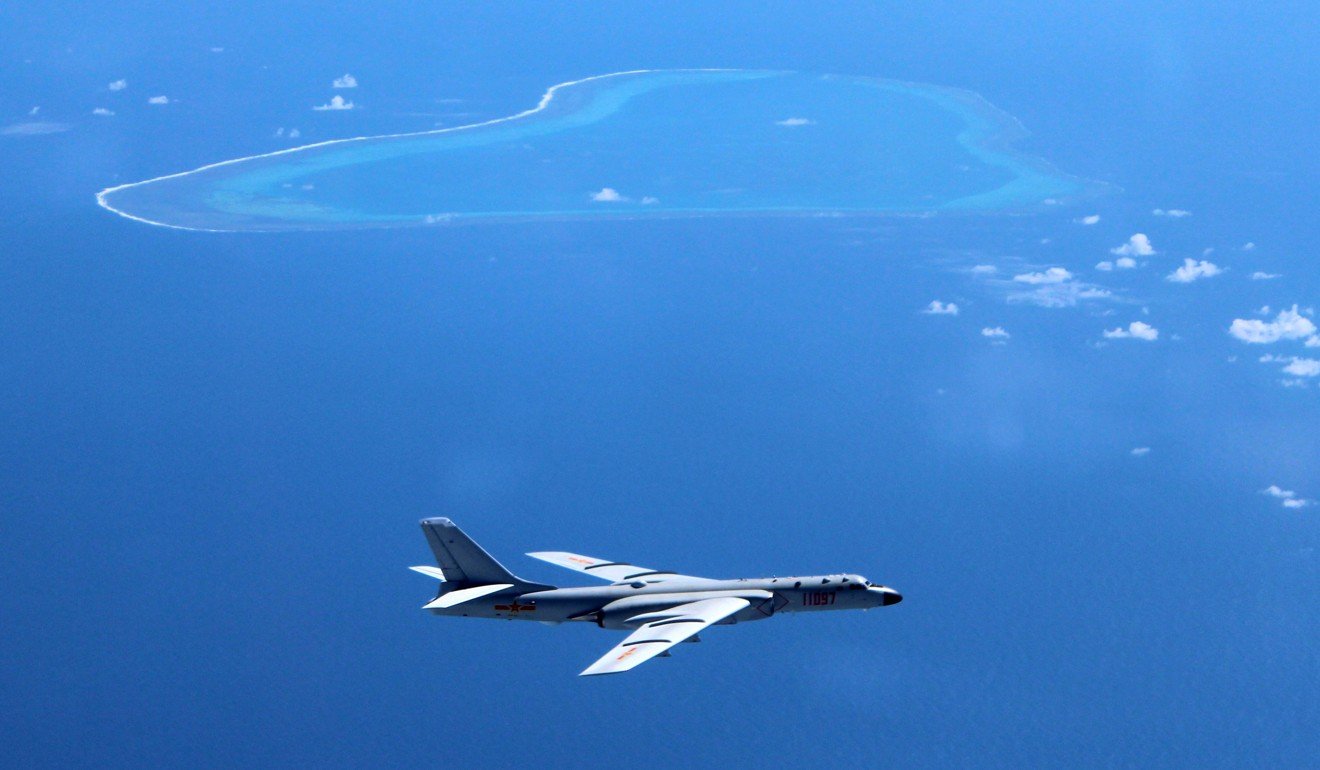
He said that, as the situation in the disputed area of the South China Sea had stabilised in recent years, negotiations over the COC would speed up and that China would be “as transparent as we can” regarding their progress.
But, in a subtle swipe at the US, China’s top diplomat also warned against “external interference” and “deliberate smears”, and said the negotiations should be “shielded from interference”.
On China-EU relations: Xi Jinping will visit Europe in March
Wang confirmed that Xi would visit Europe later this month. European media has reported that Xi will visit Italy and France before heading to Trump’s Mar-a-Lago resort to finalise the trade agreement.
He said the China-EU relationship was in good shape overall, despite the fact it was not “insulated from external interferences” – a veiled reference to Europe’s intention to follow the US example and exert pressure on China over trade rifts, as well as the inclination of some European countries to side with Washington on sensitive issues such as Huawei.
He repeated China’s support for an integrated Europe.
On China-Russia relations: “steady and mature”
This year marks the 70th anniversary of China-Russia diplomatic ties. Wang described Beijing’s relations with Moscow as “steady and mature”.
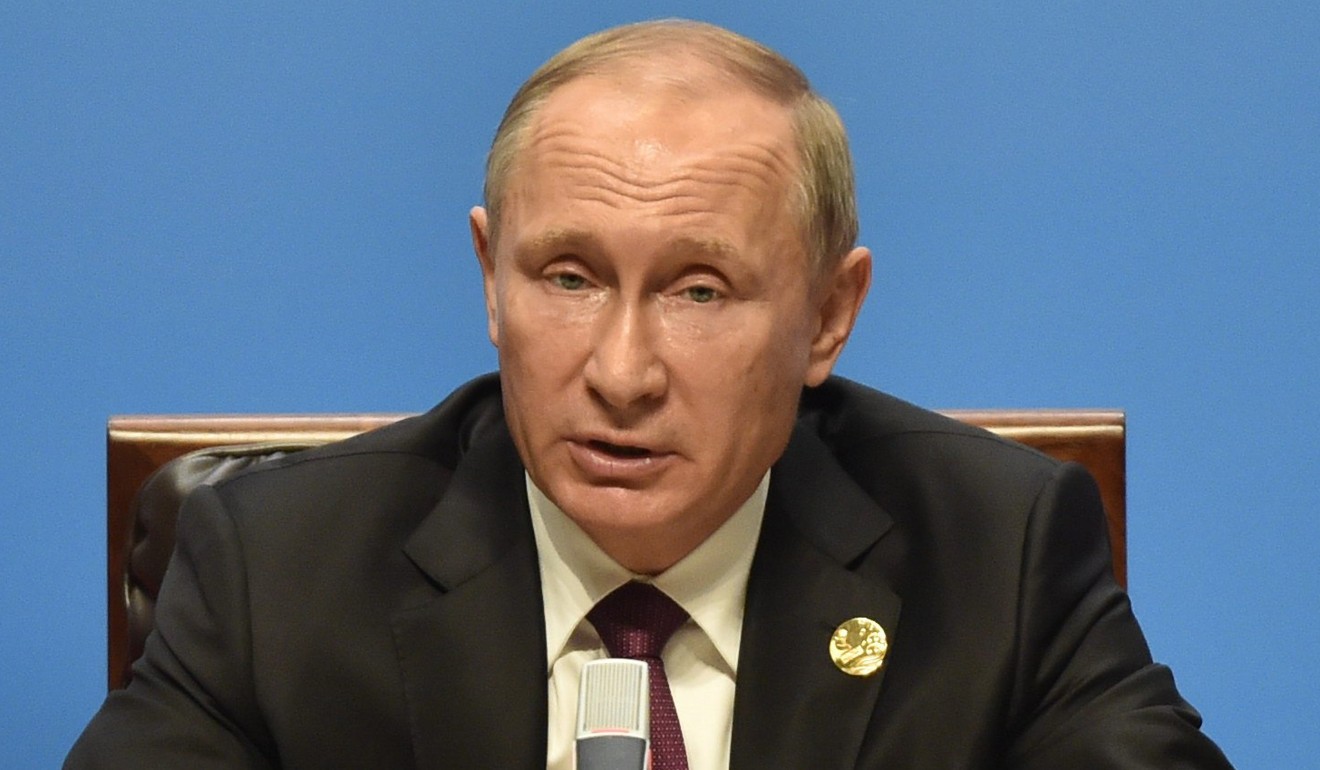
Russian President Vladimir Putin will attend the second belt and road summit and Xi will pay a reciprocal visit later this year. Apart from existing cooperation on energy and infrastructure, China and Russia would continue to expand their security, economic and financial cooperation and step up coordination on major global affairs, Wang said.
According to Wang, the Eastern route of the billion-dollar natural gas pipeline from Russia to China will be completed this year.
On Huawei and the Meng Wanzhou case: support from Beijing
Wang threw his support behind tech giant Huawei’s legal action against Washington, and called upon Chinese companies not to be “silent lambs”.
His remarks came a day after the company filed a lawsuit against the US government in a bid to overturn a federal ban on its equipment.
“We support the company and the individual in question in seeking legal redress to protect their own interests and refusing to be victimised like silent lambs,” Wang said.
Meng Wanzhou, chief financial officer and daughter of Huawei founder Ren Zhengfei, was arrested in Canada in December at the request of the United States and is facing extradition on a number of charges.